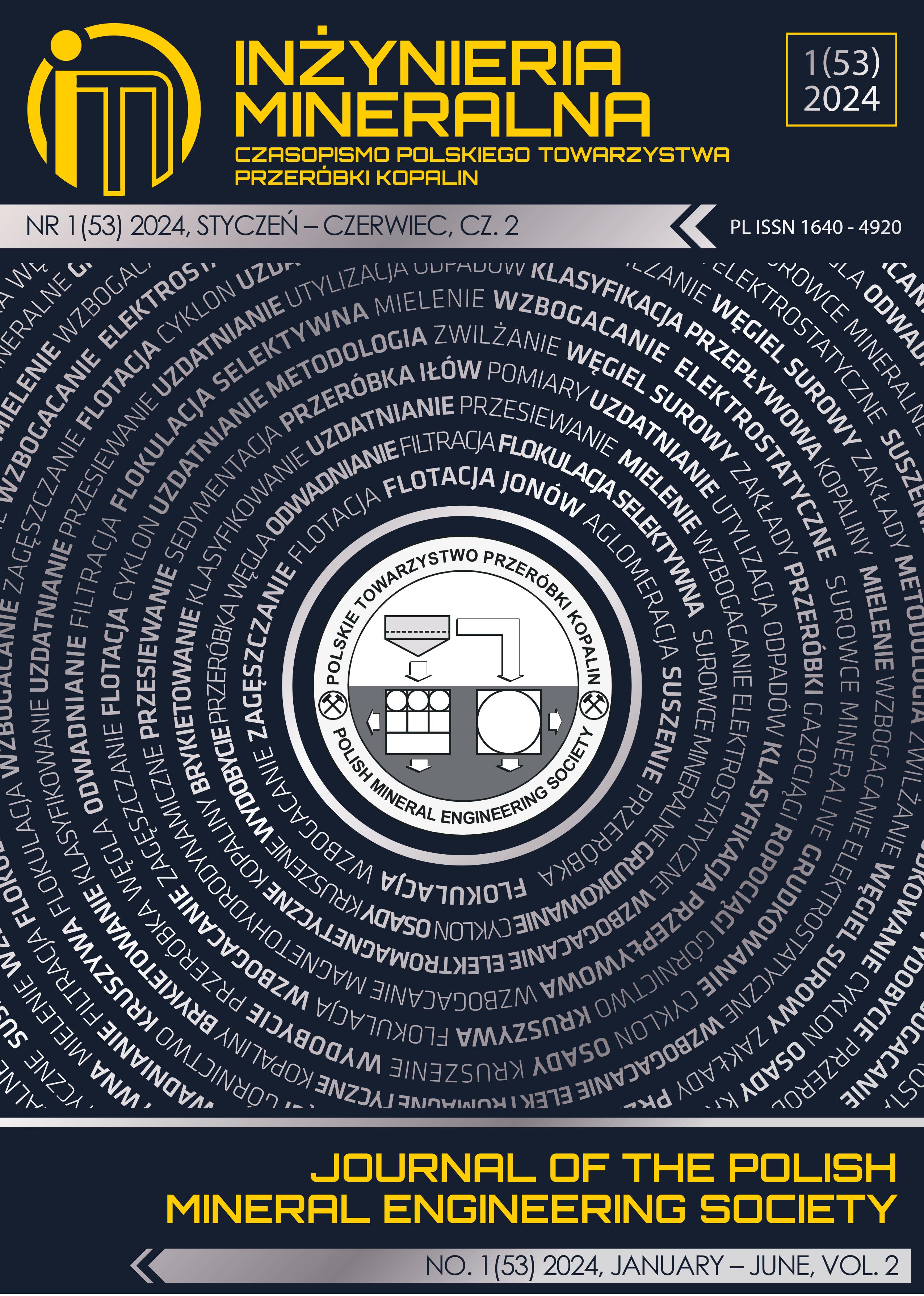Core Analysis Experience for Fractured Basement Rock at J/V “Vietsovpetro”, Vietnam
Abstract
This study presents a comprehensive methodology for core analysis of fractured basement rock at J/V “Vietsovpetro”. The process
begins with a detailed visual description of the core sample, followed by a fracture study to determine fracture density, azimuth,
strike, and dip. Probe permeability and radioactivity are measured using traditional methods. The conventional core plug sampling
approach is found to be unsuitable for highly heterogeneous fractured basement rock. A new core plug sampling approach is proposed,
which involves increasing the core plug diameter and sampling frequency to better preserve vug-macrofractures. Post-cutting core plug
analysis includes determining gas permeability, porosity, cut-off porosity, grain density, acoustic velocity, compressibility, capillary
pressure curves, and wettability. The study also highlights the need for additional analysis of initial residual water saturation in the
reservoir using preserved core, trace element analysis, and determination of radioisotope age. Certain parameters such as electrical
properties and cation exchange capacity are deemed unnecessary for fractured basement rock. The findings of this study are crucial for
improving the reliability of core analysis results and have significant implications for oil and gas exploration and production.
Copyright (c) 2024 Duyen Quang LE,Dung The NGUYEN

This work is licensed under a Creative Commons Attribution-ShareAlike 4.0 International License.
This journal permits and encourages authors to post items submitted to the journal on personal websites or institutional repositories both prior to and after publication, while providing bibliographic details that credit, if applicable, its publication in this journal.







.png)
